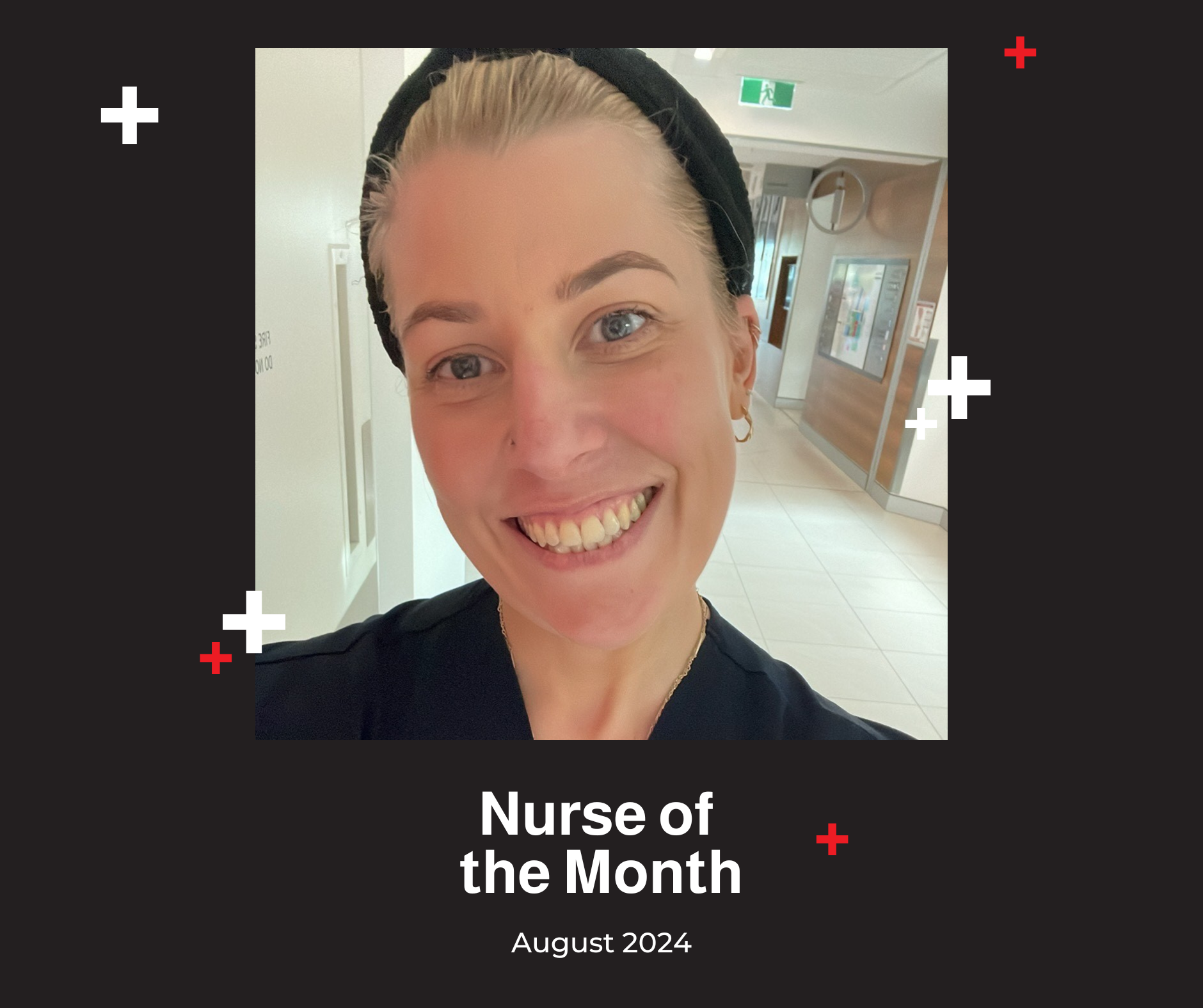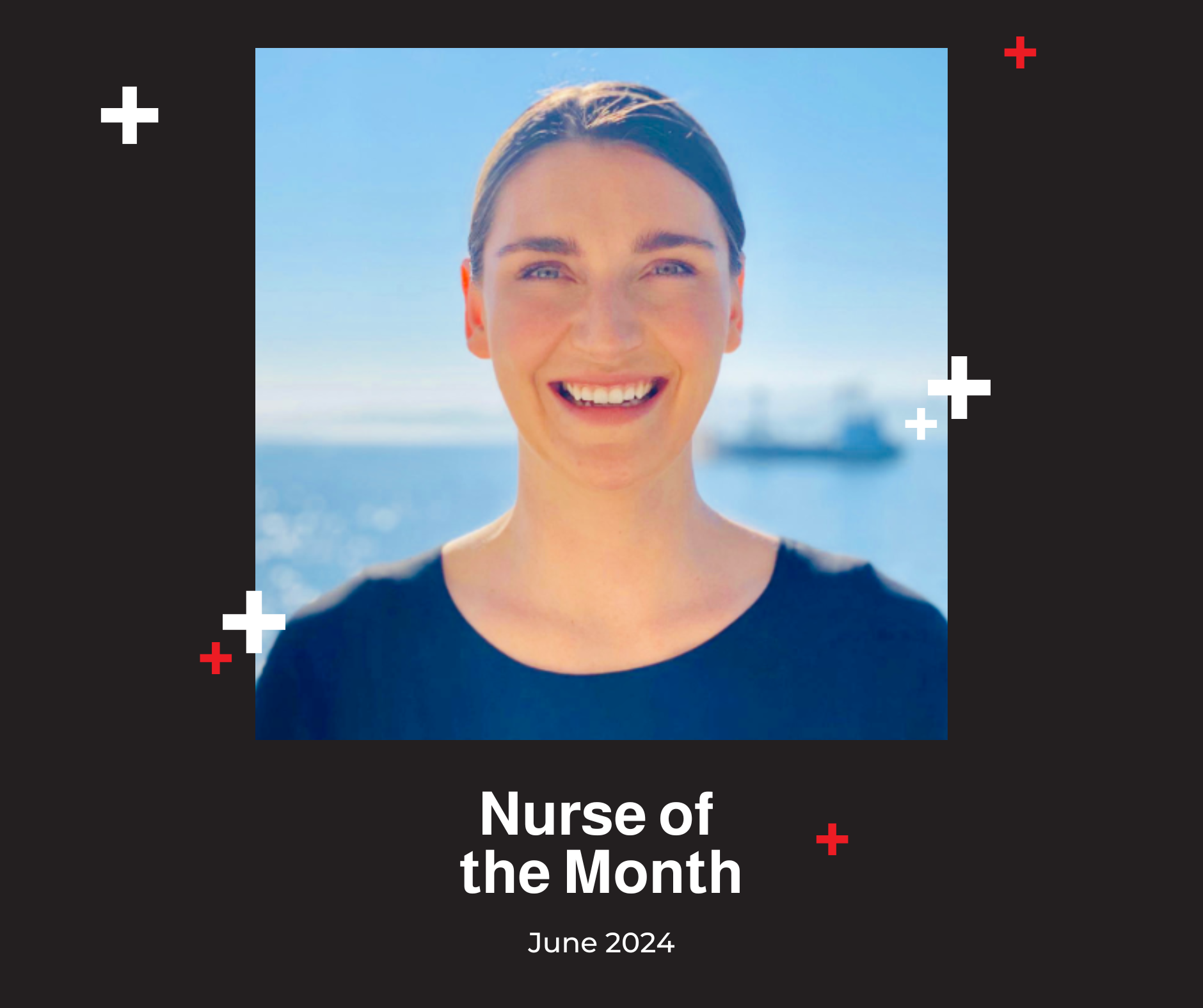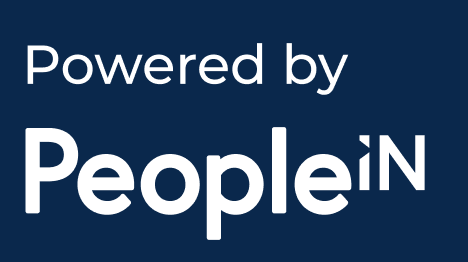Beginners Guide to Continued Professional Development (CPD)

Beginners Guide to Continued Professional Development (CPD) for Nurses and Midwives in Australia
It’s often assumed that registered nurses, enrolled nurses, midwives and even nurse practitioners understand what is required of them with regards to CPD. But in reality, this may not be the case. By law in Australia, any health professional is required to complete between 20-50 hours of CPD annually depending on their level of education. But what does this look actually look like? What counts as “valid” CPD and what doesn’t? This post explains what CPD is and answers some of the common questions.
What is CPD?
According to The Nursing and Midwifery Board of Australia (NMBA), CPD is, “the means by which members of the professions maintain, improve and broaden their knowledge, expertise and competence, and develop the personal and professional qualities needed throughout their professional lives.” (1)
In order to register as a nurse or midwife within Australia and continue your practice year after year, you are required to complete a minimum number of CPD hours directly relevant to a nurse or midwife’s context of practice. One hour of active learning will equal one hour of CPD.
Who enforces nurses and midwives to complete CPD?
The NMBA. They enforce the rules and regulations set by the Health Practitioner Regulation National Law, as in force in each state and territory (the National Law).
What does “context of practice” mean?
Again according to the NMBA, “practice means any role, whether remunerated or not, in which the individual uses their skills and knowledge as a health practitioner in their profession.”
It’s imperative to remember though that “practice” doesn’t simply mean clinical care. It can also include research, direct non-clinical relationships with clients, working within management positions where you may develop and regulate policies, educational and advisory roles and any other role associated with the development and delivery of safe patient care.
Though it can seem a bit vague, ask yourself before signing up or handing over your credit card details, is this activity directly relatable to my area of nursing and or midwifery?
How many hours do I need to complete?
The hours of CPD required to maintain registration varies greatly depending on your profession. For the most up to date information refer to NMBA’s website via this link. However, in short here is a snapshot on how many hours you’re expected to complete:
- Registered nurse or Enrolled nurse – 20 hours
- Midwife – 20 hours
- Registered nurse and midwife – 40 hours (registered Nurse 20, midwifery 20)
- Enrolled nurse and midwife – 40 hours (enrolled nursing 20, midwifery 20)
- Nurse practitioner – 30 hours (registered nurse 20, nurse practitioner endorsement 10)
What counts towards valid CPD hours?
According to the NMBA, CPD records may include participation in the following activities:
- tertiary, vocational and other accredited courses including distance education (should relate to context of practice)
- conferences, forums, seminars and symposia (even virtually)
- short courses, workshops, seminars and discussion groups through a professional group or organisation who may issue a certificate of compliance/completion
- mandatory learning activities in the workplace in the area of practice
- self-directed learning, and
- any other structured learning activities not covered above.
What is the best way to keep track of my CPD hours?
- Using the sample template listed on the NMBA’s website which you can find here.
- Download and utilise the Ausmed App – Read more here
- Using the Australian Nursing and Midwifery Federation (ANMF) dashboard specific for CPD here
- Your own diary/journal/record keeping method
Though there are a few ways to keep a record of your CPD hours, you need to make sure you record all the necessary information required by the NMBA. These include; identification of the learning need, developing a learning plan to meet this need, participation in the learning activity and finally a documented outcome and reflection of what’s been achieved and how this will relate to your professional practice. Simply stating, “I read X journal article and it took me 25 minutes” is not enough information to satisfy the board unfortunately.
How long do I need to keep my CPD records for?
5 years. This is the amount of time the NMBA recommends that you keep evidence of CPD, including self-directed learning for.
Does every nurse and midwife get audited regarding their CPD hours upon registration each year?
No. You will not need to submit evidence of your CPD to the Nursing and Midwifery Board of Australia annually. However, when renewing your registration you are required to legally sign a declaration stating you have completed the necessary hours.
Each year, the NMBA will randomly select a number of registrants to audit so it’s best to be prepared. If you do get audited, you will need to demonstrate how you completed the requirements, showing a copy of your CPD plan for the previous year (1 June – 31 May).
I am a carer / nursing assistant. Do I need to complete and record CPD hours?
No. Assistants in Nursing or Carers are not registered with the NMBA and are not required to complete CPD for their registration.
Yes. However, the CPD activities must be relevant to both nursing and midwifery professions. Again, if you are not sure, ask yourself “will this course/area of study improve my knowledge and competence as a nurse AND midwife?”
In summary, being “forced” to complete CPD is a good thing. It means the healthcare sector is full of competent leaders who look for learning opportunities to better patient care. Try not to view CPD as a chore. Embrace short courses, attend workshops and learn something new.
Cheers,
Emma Smith
Registered Nurse
More articles





